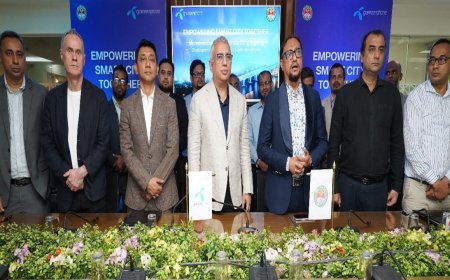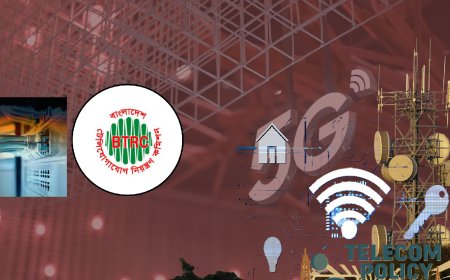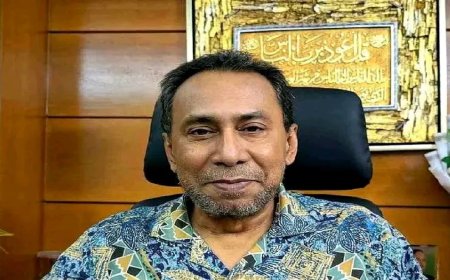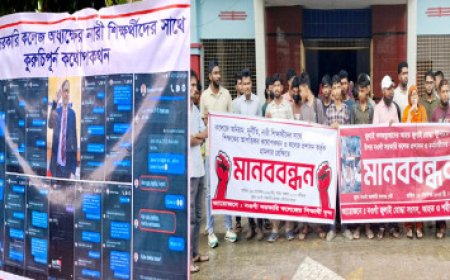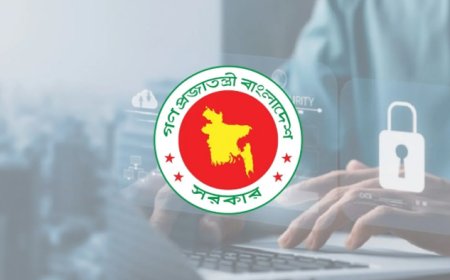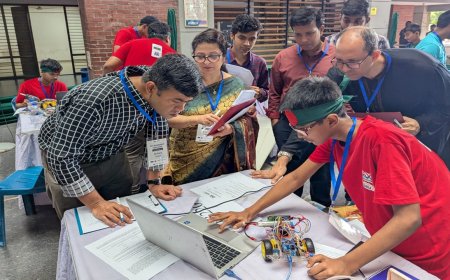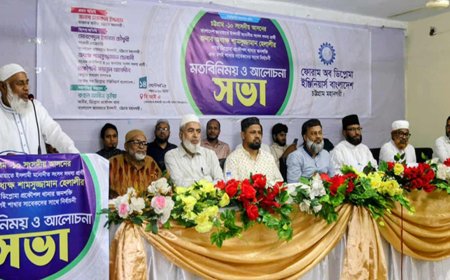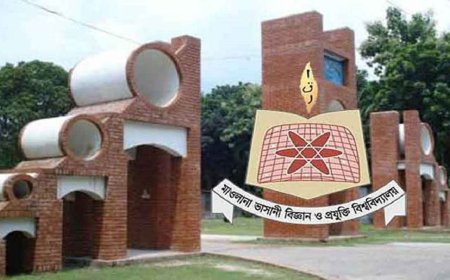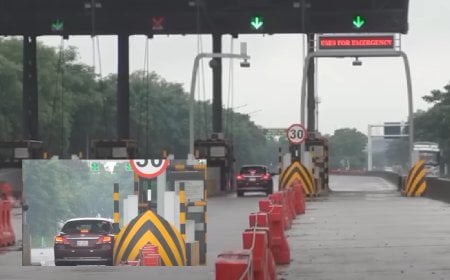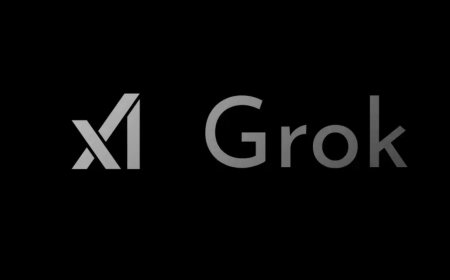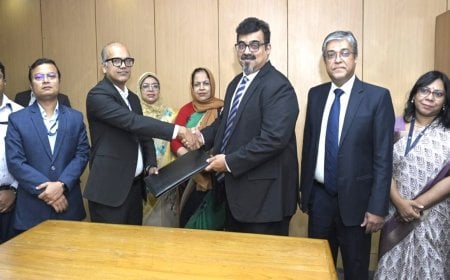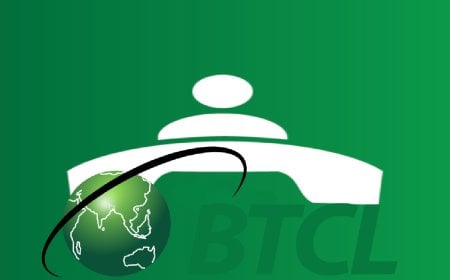Bangladesh Bank Boosts Broad-Based Banking with Instant Integration
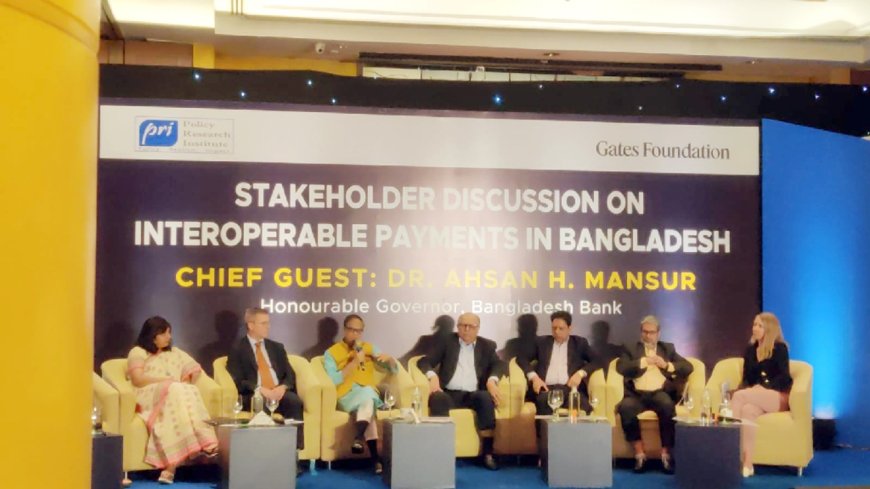
Bangladesh Bank has emphasized digital transactions to reduce cash usage, launching several initiatives to promote cashless payments. However, cash transactions continue to grow by around 10 percent annually, resulting in an estimated Tk 20,000 crore in yearly costs, according to Bangladesh Bank Governor Dr. Ahsan H. Mansur. To address this, the country will soon roll out the Inclusive Instant Payment System (IIPS), which will connect mobile wallets, banks, and other financial institutions into a single network, ensuring fast, simple, and cost-efficient digital transactions.
Dr. Mansur shared these plans during a discussion on Monday, September 15, organized jointly by his personal Policy Research Institute (PRI) and the Bill & Melinda Gates Foundation at a Dhaka hotel.
“While significant progress has been made in financial inclusion, around 35–40 percent of the population still remains outside formal financial systems,” the Governor said. “True inclusion requires not just coverage but deeper engagement of people with the financial system.”
Dr. Mansur emphasized the need to integrate microcredit into a technology-driven inclusive economy. He noted that agent banking is expanding rapidly, with around 20,000 agents currently operating, but stressed that lending efforts must be further strengthened.
Highlighting the role of women, he said, “From now on, at least 50 percent of agents must be women. They can reach households, providing financial services to homemakers, daughters, and other family members.”
The Governor further explained that the digital banking initiative aims to bring all financial institutions under a unified instant payment system. Drawing on past lessons, the project will use the tested ‘Mozalup’ model with support from the Gates Foundation to ensure successful implementation.
Despite more than 200 million registered Mobile Financial Service (MFS) accounts in the country, roughly half of adults remain outside formal financial services. Challenges include rural-urban disparities, gender gaps, and limited interoperability among service providers.
The discussion referenced international examples, including Tanzania’s TIPS, Pakistan’s RAAST, and Rwanda’s NDPS 2.0, where interoperable payment systems have reduced costs, increased efficiency, and boosted participation among marginalized populations.
The Mozalup open-source platform was also highlighted, with its capabilities in fraud prevention, identity verification, and efficient delivery of government social protection programs.
Key priorities identified in the discussion included learning from global experiences, building consensus for an inclusive platform in Bangladesh, strengthening regulatory frameworks for fair competition, and preparing a roadmap for IIPS implementation.
Regarding MFS, the Governor noted that the nano-loan limit has been increased to Tk 50,000, with plans for further expansion. To discourage cash withdrawals and promote mobile wallet usage, businesses nationwide will soon be required to adopt Bengali QR codes for payments.
The event was attended by policymakers, bankers, fintech entrepreneurs, and development partners.


